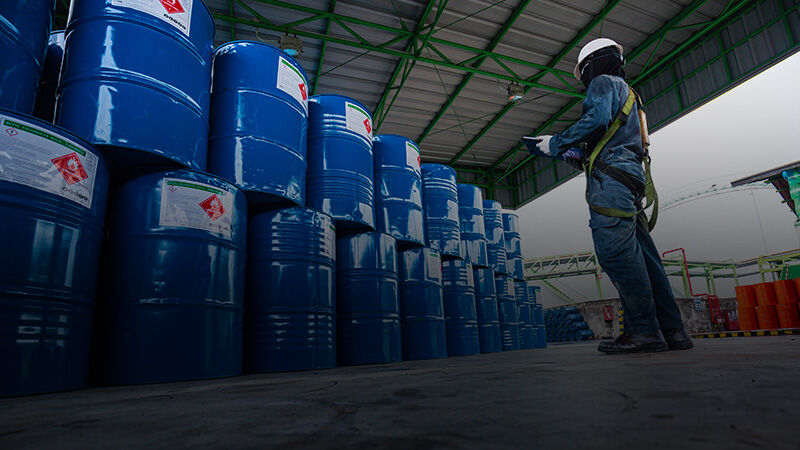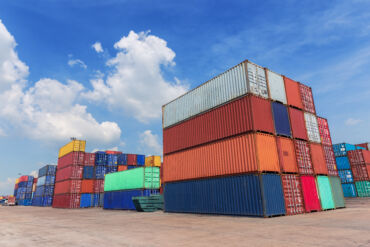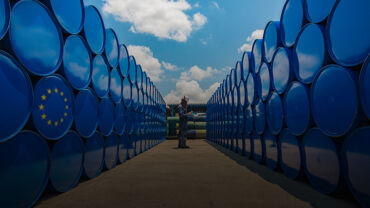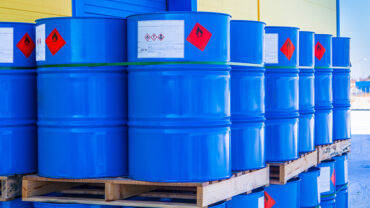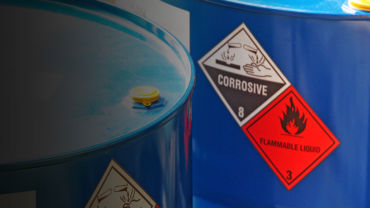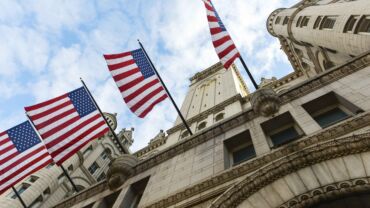Frequently asked questions about Superfund tax rates, substances, reporting, and more.
Jump to:
| Who is subject to the Superfund Chemical Excise Taxes? |
| Which chemicals and substances are subject to the Superfund Excise tax? |
| Are there any available exemptions for the Superfund Chemical Excise Taxes? |
| What is the Superfund Excise tax rate? |
| When are companies charged the Superfund Excise tax? |
| What do companies need to do for the Superfund taxes? |
The original Hazardous Substance Superfund trust was established to pay for the hazardous-substance cleanup program created by the Comprehensive Environmental Response Compensation, and Liability Act of 1980 (CERCLA). As part of the Infrastructure Investment and Jobs Act (IIJA), the IRS has reinstated the Superfund Chemical Excise Tax on a wide range of chemicals and substances. It is set to expire in December 2031 and is expected to collect more than $14 billion taxes.
In March 2023, the IRS issued proposed regs and other guidance on the new iteration of the Superfund excise taxes under the IIJA.
The following article is an FAQ to help companies get up to speed on what the Superfund Chemical Excise Taxes require of them. It provides a basic understanding of the law and its implications for affected companies.
Who is subject to the Superfund Chemical Excise Taxes?
The Superfund Chemical Excise taxes applies to manufacturers, producers or importers who sell or use “taxable chemicals” or “taxable substances” that are manufactured or produced in the U.S. or are imported into the U.S. The tax is applicable if the chemicals or substances are considered taxable under §4661 or §4672. This means, companies need to analyze the chemical composition of all their products and determine where along the supply chain any taxable chemicals or substances are imported into, or produced the US, and by whom.
Are exporters being taxed?
No. The taxes apply only to imported chemicals or substances, not those for export. In fact, companies that export products comprised of taxable chemicals or substances are entitled to a refund if they paid prior to manufacturing.
Which chemicals and substances are subject to the Superfund Excise tax?
According to the IRS, 42 chemicals and 151 hazardous substances are subject to Superfund Excise tax. The most common chemicals include acetic acid, benzoic acid, butanol, chloride, ethyl chloride, glycerin, polypropylene (in many forms). A comprehensive list with chemicals and substances can be found under Section 4661 and Section 4671 of the Internal Revenue Code, though the IRS cautions importers that items on the list could change as chemicals or substances are either added or removed from the list over time.
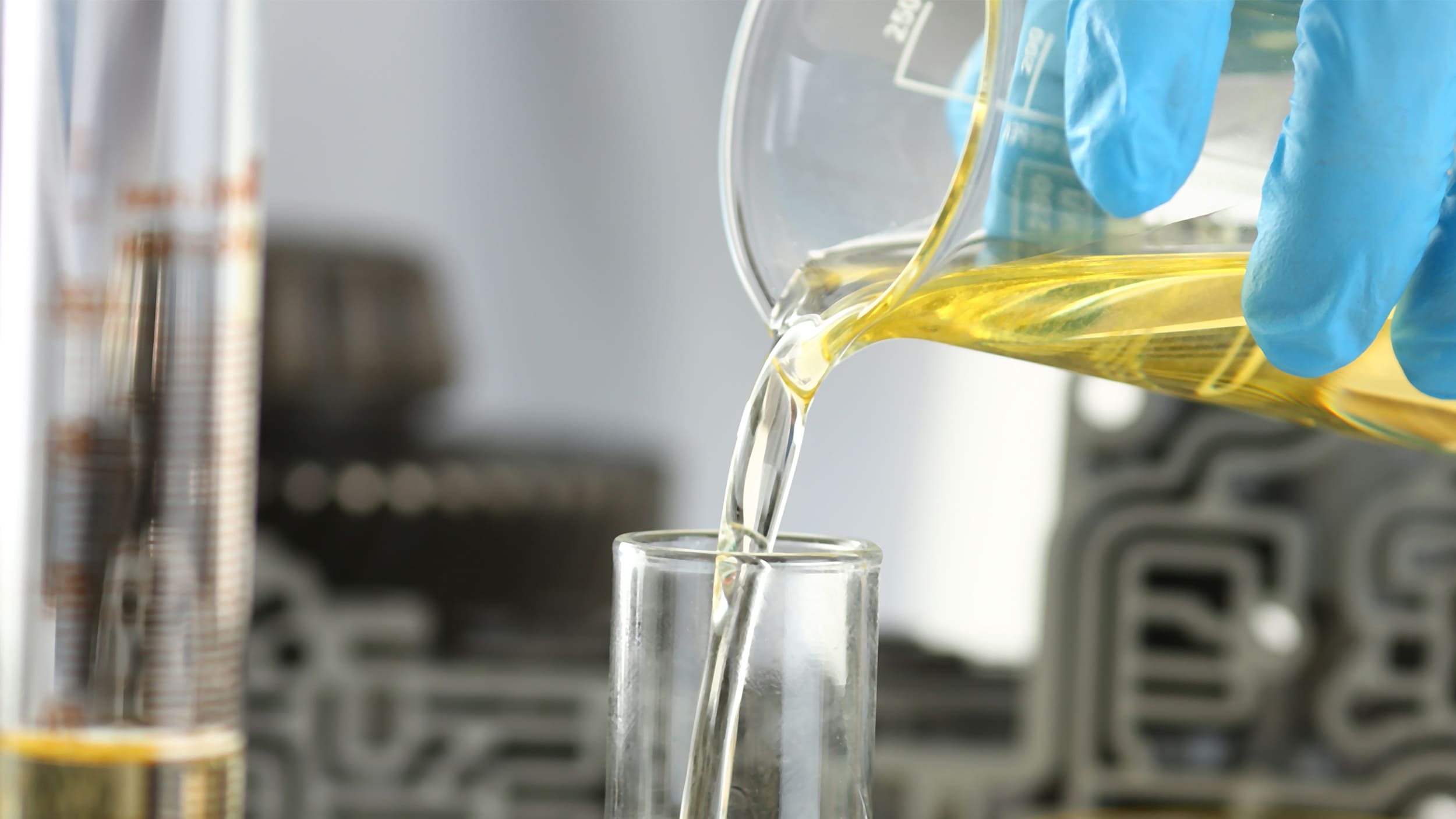 |
SoftwareSee how ONESOURCE Determination can help with Superfund Excise Tax compliance. |
Are there any available exemptions for the Superfund Chemical Excise Taxes?
Yes. Exemptions are available for some exported taxable chemicals and substances, as well as for chemicals/substances used in certain kinds of fertilizer, animal feed, and fuel. For example, butane and methane are exempt if they are being used as fuel, but NOT if they are being used for some other purpose.
There are other exemptions as well—e.g., for substances that have a “transitory presence” during the smelting or refining process, or substances derived from coal—but the IRS has yet to issue specific guidance on procedures for claiming these exemptions, so the best recourse available at the moment is to keep documentation that supports the company’s intention to take advantage of applicable exemptions.
What is the Superfund Excise tax rate?
According to Section 4661, the tax rate for the chemicals ethylene and propylene ranges from $0.44 to $9.74 per ton, depending on how the chemical is being sold, used, or stored. When the IIJA reinstated these two taxes, it doubled the previous rates.
Is the rate different for taxable “substances”?
Yes. The applicable tax for a hazardous substance depends on its chemical composition. A “taxable substance” is defined as a substance that contains 20% or more by weight or value of any one of the chemicals listed in Section 4661 (down from 50% in the previous iteration of the law).
How are the tax rates calculated?
There are three ways to arrive at Superfund Excise tax rates:
- Use the default rates published by IRS.
- Self-assess the rate based on 10% of the appraisal value of the imported substances.*
- Calculate the rate based on the percentage amount of each listed chemical included in the substance. For example, if load of scrap metal contains 50% nickel (taxed at $8.90 per ton) and 20% chromite (taxed at $3.04 per ton), the tax rate would be calculated as: ($8.90 x .50 = $4.45) + ($3.04 x .20 = .61) = $5.06 per ton.
*Note: Self-assessing based on 10% of appraisal value will almost always yield a higher tax rate than either of the other methods.
When are companies charged the Superfund Excise tax?
The “taxable event” is upon the first use or sale of the listed chemical or hazardous substance in the U.S. This means:
- For chemicals: The sale or use by the manufacturer, producer, or importer. The tax is due in the U.S. upon the first use or sale.
- For hazardous substances: The importation of the substance by an importer. The tax is due upon the first sale or use after the substance is imported.
How do companies report the Superfund Chemical Excise Tax?
Superfund Chemical Excise Taxes are reported on Form 6627 (Environmental Taxes), which attaches to Form 720 (Quarterly Federal Excise Tax Return). Semi-monthly payments should be made by the 15th and 30th of each month.
The IRS provided relief from penalties for non-payment through the end of 2023, along with the relief provided by section 3(b) of Notice 2022-15 through June 30, 2024.
When do you have to pay the taxes?
Companies must deposit the Superfund chemical excise tax twice a month. A semimonthly period is the first fifteen (15) days of a calendar month or the portion of a calendar month following the 15th day of the month.
What do companies need to do for the Superfund taxes?
Companies that import any of the taxable chemicals or substances on the IRS’s list need to prepare with a thorough assessment of their manufacturing processes to find out when, where, and how the Superfund Chemical Excise Tax might apply.
IT and tax departments in particular will need to collect transactional data all along the supply chain, as well any applicable master data. Systems and processes will also need to be established in order to properly calculate and remit taxes that are due, as well as apply for refunds or exemptions.
An automated solution for Superfund taxes—particularly one designed to meet the volumetric-based calculation requirements and include all necessary rules and rates—can help companies that owe more than $2,500 annually to meet their bi-monthly payment schedule on a timely basis.
ONESOURCE Determination gives companies the ability to quickly comply with Superfund Excise and Hazardous Substance taxes by automatically and accurately calculating the amount of excise tax owed.
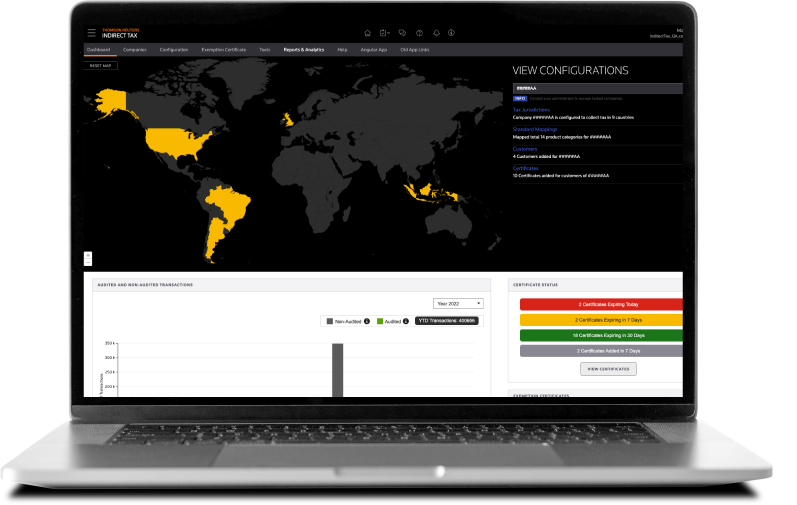 |
SoftwareONESOURCE Determination simplifies research, determination, and compliance—all in one platform. |
